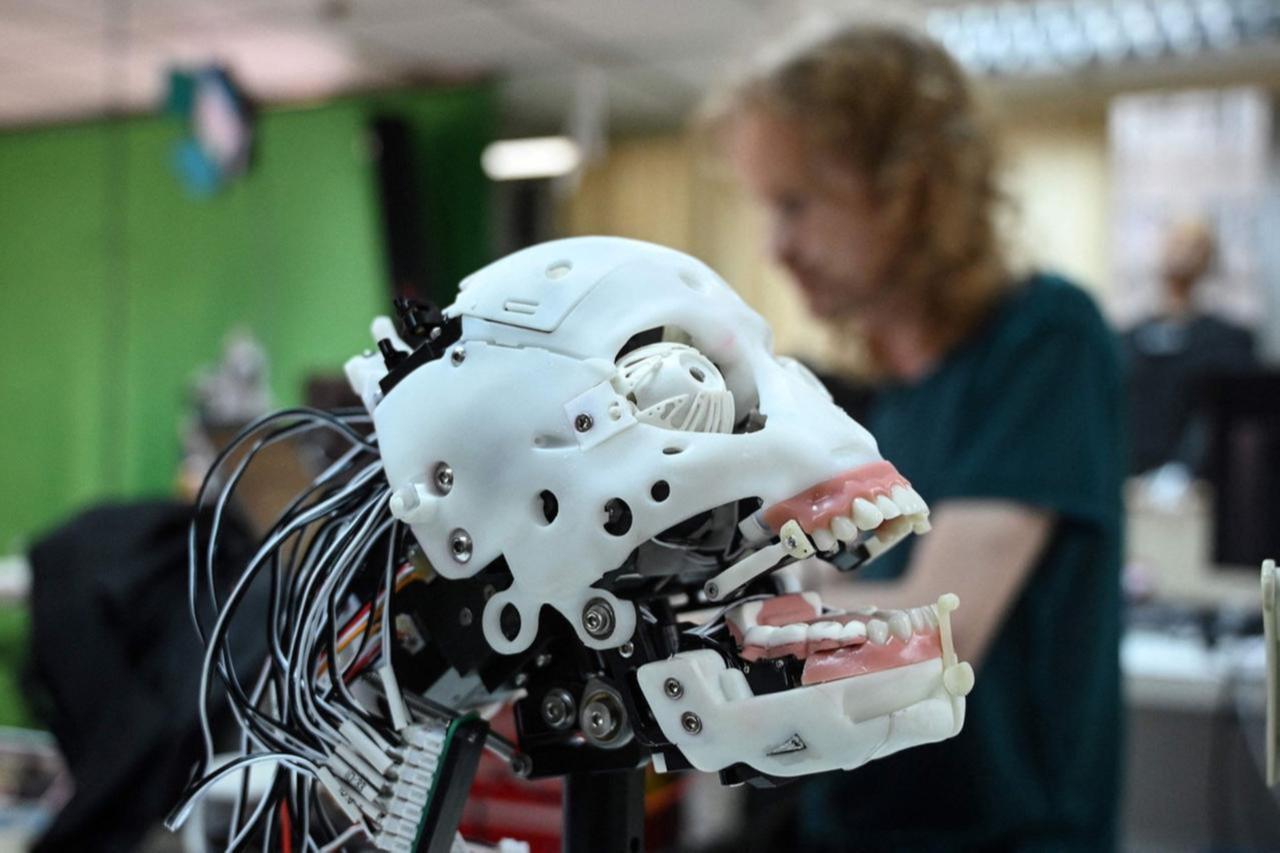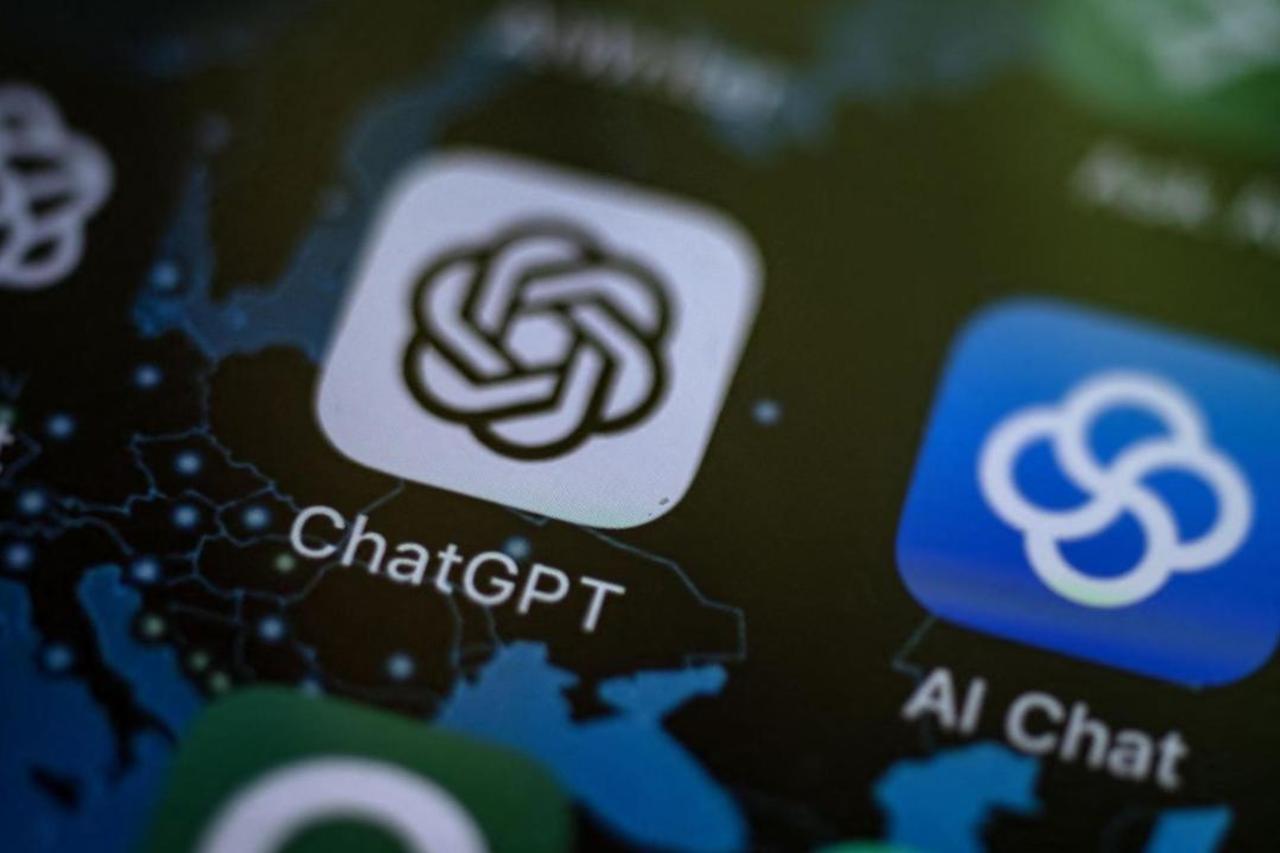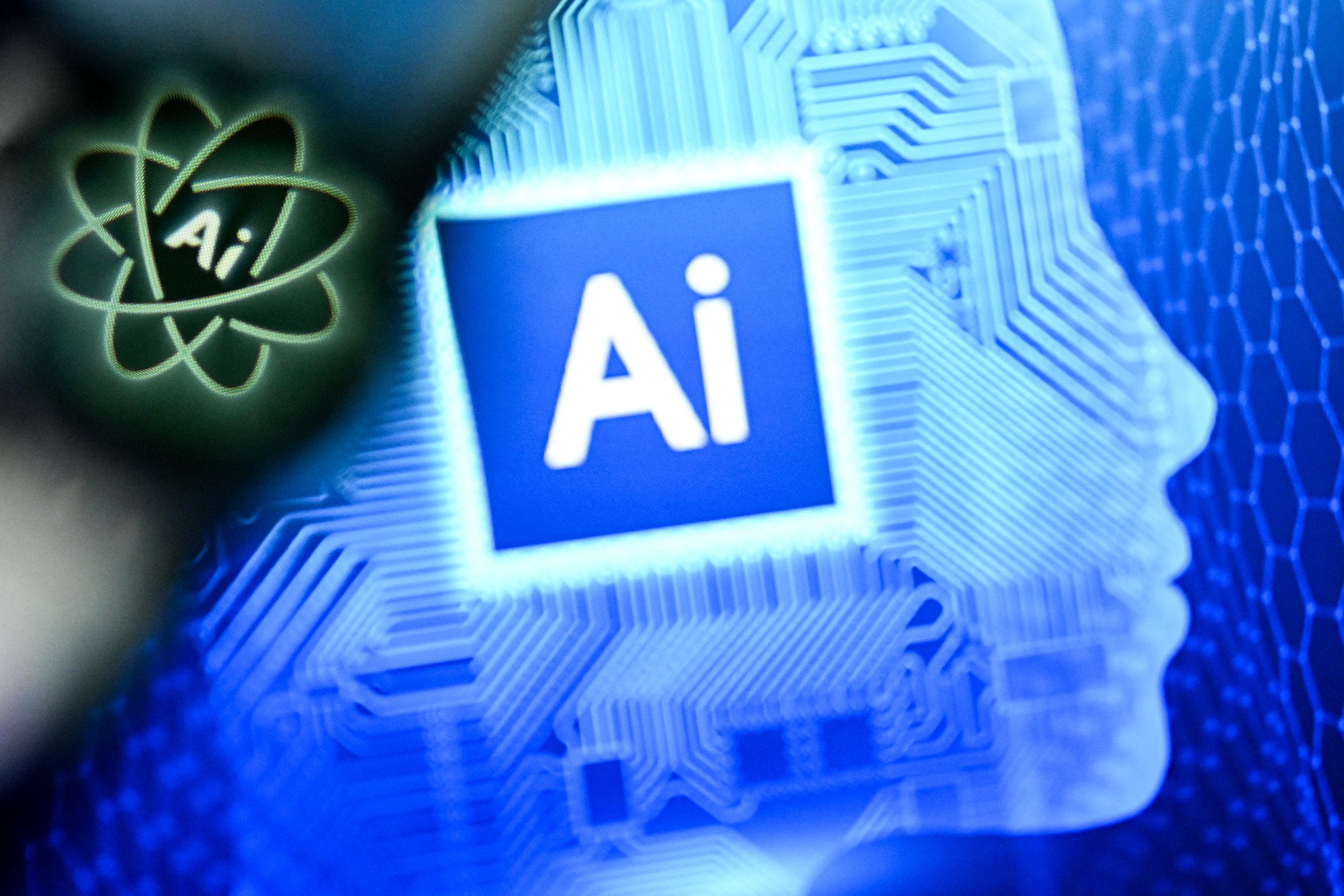
Virtual AI influencers are no longer just digital gimmicks; they’re reshaping the social media economy. As brands embrace hyper-programmed avatars and algorithm-driven personas, human creators are being edged out of a space they helped build. This shift raises critical questions about authenticity, labor, and the future of influence.
Virtual AI influencers are computer-generated characters that simulate human behavior online. They are designed using 3D modeling tools and often managed by teams of developers, copywriters, and marketers. Unlike human bloggers, they do not require sleep, payment, or legal protections, and they never post controversial opinions unless programmed to.
For example, Lil Miquela, created by LA-based Brud, has over 2.5 million Instagram followers. She promotes real fashion brands, gives scripted interviews, and even releases music. She was among the first to blur the lines between simulation and celebrity.
In the 2010s, blogging and influencer marketing exploded, with millions turning personal content into full-time careers. But by 2025, brands are increasingly turning to virtual influencers. Why? Because AI models can be optimized for engagement, localized instantly, and controlled entirely by corporate interests.
According to a 2024 report by Influencer Marketing Hub, over 60% of Gen Z users said they would follow a virtual influencer if the content aligned with their values. Meanwhile, some traditional creators have lost long-term sponsorships to AI models, particularly in the beauty and fashion sectors.
One notable example is Noonoouri, a virtual influencer developed by German graphic designer Joerg Zuber. She recently signed a real-life record deal with Warner Music in 2023, making headlines as the first digital artist with a contract of that scale.

Brands often face PR risks when working with human influencers, from political missteps to past social media posts resurfacing. AI models don’t come with these liabilities. They offer full control, 24/7 content generation, and the ability to mirror any identity or cultural style instantly.
There’s also an economic incentive. Hiring a top-tier human influencer can cost tens of thousands of dollars per post. In contrast, AI influencers operate on predictable development budgets, and their behavior can be fully scripted.
Not entirely, but the pressure is rising. Niche creators with loyal audiences still hold ground, particularly in areas like parenting, mental health, and activism, where human vulnerability and relatability matter most.
However, industries prioritizing aesthetic perfection, like fashion or tech, are leaning towards virtual talent. Algorithms now favor curated content styles that AI can generate with fewer mistakes and faster turnaround times.
At the same time, some human influencers are integrating AI tools into their workflow, using chatbots to manage DMs, AI tools to edit content, and digital clones to test audience reactions before real posts go live.
The rise of AI influencers is no longer a futuristic concept; it’s a current reality forcing us to rethink everything from online identity to digital labor. With lifelike virtual personalities gaining millions of followers and landing brand deals once reserved for humans, the ethical ground beneath this industry is shifting fast.

One key question remains largely unanswered: Do audiences truly understand they are engaging with code, not a human? A 2023 survey by Morning Consult revealed that 42% of Gen Z respondents said they would follow or already follow virtual influencers, and only 29% could consistently distinguish between AI-generated and real human profiles. The line between fantasy and authenticity is blurring, intentionally or otherwise.

In 2022, the virtual influencer “Miquela”, who has over 2.7 million Instagram followers, was hired by luxury brands like Prada and Calvin Klein. One of her campaigns sparked backlash after she appeared in a suggestive ad with model Bella Hadid, raising serious questions about consent, representation, and the manipulation of identity for marketing purposes. While Miquela is transparent about being fictional, not all digital personas are. Some AI-generated influencers are styled and operated to pass as real people, without clear disclosure.
In Türkiye, the regulatory framework has yet to catch up. The Radio and Television Supreme Council (RTUK) has not issued formal guidelines on virtual influencers, but online disinformation and fake account regulation is now being discussed more frequently in policy forums. Still, the absence of specific rules around synthetic personas leaves a wide grey zone, where brands and AI developers move faster than legislation.
But ethics isn’t the only concern. There’s an economic ripple effect at play, too. As AI avatars model clothes, sell skincare, or host livestreams, the demand for traditional roles, like makeup artists, stylists, photographers, and even human influencers, is quietly contracting. While large marketing agencies may benefit, independent creatives, especially freelancers and small influencers, are at risk of being squeezed out. This isn't just innovation, it's automation in disguise.
Beyond marketing, the technology is evolving into something far more intimate. Developers are already creating emotionally intelligent avatars that can respond in real time with simulated empathy.
In Japan, the AI character “Rinna” interacts like a teenage girl and even releases music. Companies like Synthesia are now enabling anyone to create a talking AI avatar with just a text input, no camera or studio needed. The implications for media, education, and personal relationships are staggering.